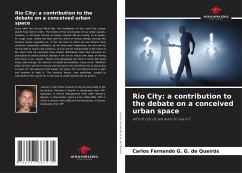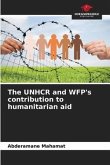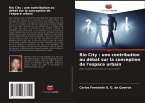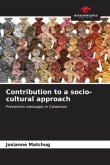Since after the Second World War, the inhabitants of this small but unique planet have lived in cities. The history of the construction of our urban spaces, however, is not linear and by no means smooth. We are sailing, so to speak, on rough seas, where the best and the worst of human beings emerge like tsunami waves engulfing us. If the city boat in which we live doesn't have minimum seaworthy conditions, as we have seen happening, not only will we not be able to reach safe harbours, but we will be shipwrecked in the midst of the storm that we ourselves have fuelled. Rethinking cities thus becomes an absolutely essential political attitude if we are to mould new ways of feeling and living in our spaces. History and geography go hand in hand with good living, even though, for reasons of capital accumulation, many of our "thinking" elites do their utmost to ensure that we ignore this and think only of day-to-day survival. It's the welcome that makes the space. It's one thing to know a path and another to walk it. The doctoral thesis, now published, sought to contribute to the search for a new way of understanding Rio de Janeiro.
Bitte wählen Sie Ihr Anliegen aus.
Rechnungen
Retourenschein anfordern
Bestellstatus
Storno








